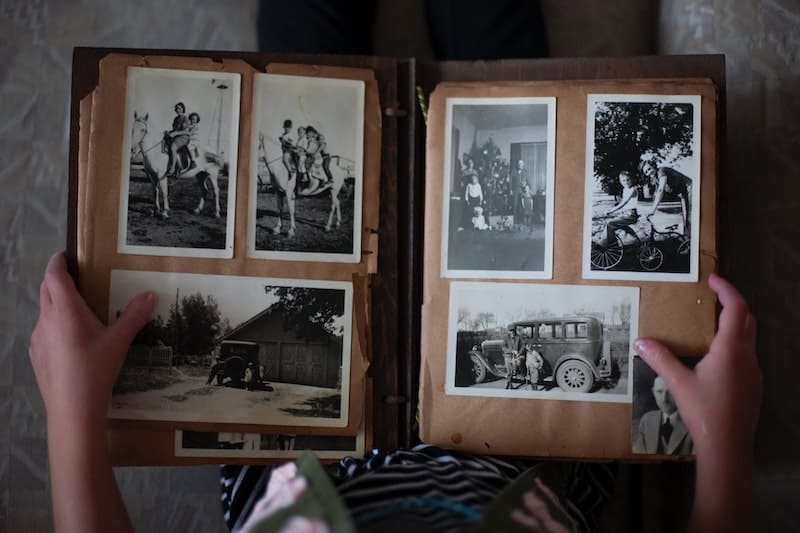Your estate is much more than just your physical belongings and financial assets – it’s all the pieces of your life you’ve collected over the years.
A great way to ensure your wisdom, memories and messages are passed onto your loved ones is to collect them in what’s known as an ethical will.
What is an Ethical Will?
An ethical will – not to be confused with a legal document, such as a living will or a last will and testament – is a legacy document given to your friends and loved ones. It’s an opportunity to share your thoughts, dreams, stories and reasons for your decisions. You can use an ethical will to pass on personal life lessons or heartfelt wisdom – not just your assets.
Ethical wills have been around for centuries. Originally, they were an oral tradition used by Jewish people to pass on life lessons and ethics, such as the importance of charitable giving. Today, they have several uses. For example, an ethical will might be used to explain to future generations how the family money was made and how it is to be used.
They do not blame or say anything negative or painful and should not conflict with the contents of a standard will. Rather, an ethical will should be considered a love letter from the heart to those you love.
How to Create an Ethical Will
Unlike a standard will, you don’t need a lawyer to prepare an ethical will. However, some law firms use professional videographers to capture the patriarch/matriarch of families speaking to assist with conveying strong personal messages and even to help avoid family conflict.
With today’s technological capabilities like videos, DVDs, digital scrapbooks, smart phones, social media, and even PowerPoint, ethical wills are easier than ever to create. Increasingly, they have become part of many people’s estate planning toolbox!
Related: What Updates Should You Make to Your Estate Plan After Your Spouse Dies?
5 Things to Include in Your Ethical Will
If you would like to make an ethical will, here are some things to consider:
1. Your true and positive feelings. If there was ever a time to speak honestly, it’s now. This is the last memory of you your loved ones will carry for the rest of their lives, and possibly share with future generations. What do you want your legacy to be?
2. Words of praise. This is a chance to speak directly to your children, spouse or other close family members. What have they accomplished that you are most proud of? What do you hope they continue to succeed with after your passing?
3. Apologies and requests for forgiveness. Everyone makes mistakes, and sometimes you’re waiting for the right moment to make amends. Although an in-person apology is best, an apology through your ethical will may offer some closure to the recipient.
4. Offerings of forgiveness. Do you have any grudges you’ve been holding that you don’t want to take to the after life? Now’s a great time to forgive and forget.
5. Words of wisdom. You’ve learned several lessons throughout the course of your lifetime, but which are most important? What advice do you think future generations could benefit from?
When you take the time to share thoughts, reflections, personal wisdom, thoughts and reflections your loved ones will think it’s the most important thing you’ve ever done for them!
Protect Your Estate Plan with Clarity
Ready to get your estate plan in order? Click here to connect with a Clarity team member today – we’d be happy to help!



